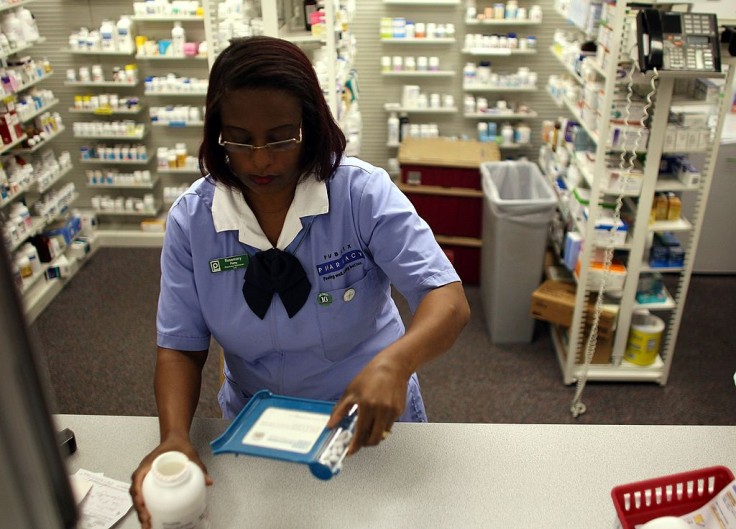
Experts warn that drug-resistant bacteria are increasing as many bacteria develop resistance to antibiotics designed to kill them, turning simple infections into potential killers, 7News reports.
Health experts are concerned about simple illnesses like urinary tract infections (UTI). The disease is so common that it infects half of all women and one in 20 men in their lifetimes. However, the strains of bacteria and microbes that can cause UTIs are developing antimicrobial resistance (AMR). Research says this causes the drugs designed to kill them to become ineffectual.
Tracking the antimicrobial resistance
AMR happens when bacteria and other microbes become resistant to the drugs designed to kill them, mainly through abuse or misuse of the drugs.
There are two ways drug-resistant bacteria can be transmitted - through hospitals and communities.
A CSIRO news release said in its recent study that patients who contracted drug-resistant UTIs in the community were more than twice likely to die from infection in hospitals than those without resistant bacteria.
The study involved 21,268 patients across 134 Queensland hospitals who acquired infections in the community.
Over the past years, antimicrobial resistance in hospital settings has been researched. The recent CSIRO study is the first time community transmission has been studied.
Wozniak said that tracking the drug-resistant infections in the community is crucial in knowing how far antimicrobial resistance is spreading and how best to mitigate it.
Dr. David Hansen, the CEO of the CSIRO's Australian e-Health Research Centre, said that tracking the drug-resistant infection in the community is critical to understand better how the antimicrobial resistance is spreading and how to mitigate it. The magnitude of antimicrobial resistance needs to be understood to mitigate it effectively.
However, he admits that tracking the community resistance is challenging as it involves not just one pathogen or disease but several strains of bacteria.
Read Also: Eight-Year-Old Hero Brother Saves Baby Sister From Choking, Claims He Learned It From Nickelodeon
Fighting AMR
According to Dr. Teresa Wozniak of CSIRO, many standard medical procedures and life-saving surgeries will become increasingly life-threatening without effective antibiotics. The World Health Organization (WHO) says it is one of the greatest threats to global health, food security, and development today.
CSIRO recommends simple ways to reduce AMR:
- Wash your hands. Keeping the hands clean is an inexpensive way to prevent the spread of all types of bacteria, including AMR.
- Keep the environment clean. Other than hospitals, make sure the home is clean. Taking off shoes at the door can help reduce harmful bacteria from the environment.
- Wash fruits and vegetables thoroughly. Food is often exposed to bacteria. Reduce the risk of ingesting resistant bacteria from the fruits and vegetables by washing them before eating.
- Do not misuse antibiotics and dispose of unused antibiotics properly.
When taking antibiotics, follow the doctor's prescription or packet instruction and take it only when appropriate and necessary. Never use other people's antibiotics. If you have extra antibiotics, dispose of them at the local pharmacy.
Related Article: Grammy Winner Jon Batiste Reveals He Secretly Got Married After Partner Received Leukemia Diagnosis